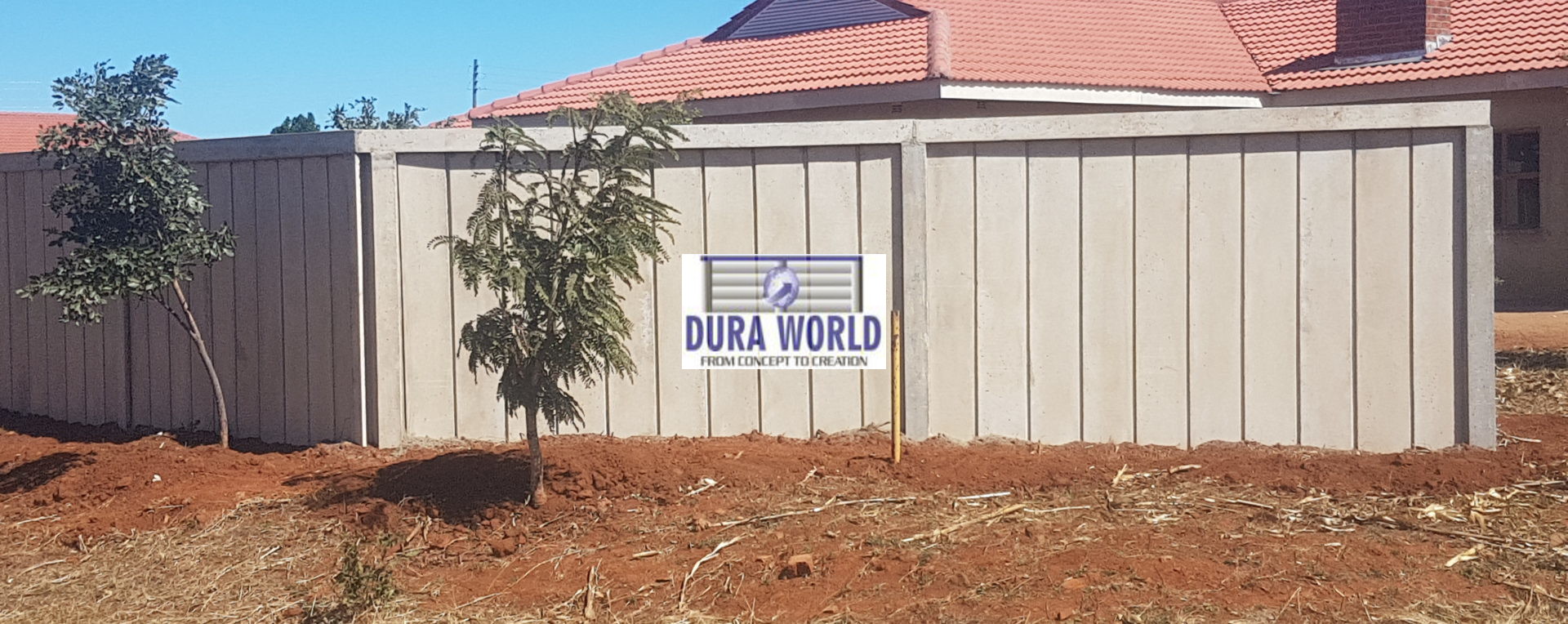If the script overlooked to first check if echo is defined, it would fail at the first line of code that attempted to use the value of echo. Timedelta object how long state has been to state, if any. When it is used inside a choose action, only the actions within that choose will stop. It uses pure Python for the automations, and YAML just for passing static data in to your automations. This is my last try: And this is the error message from the log: message: > This action allows you to repeat a sequence of other actions. Correcting the template above to a template condition instead. Ill have to reproduce what youve created on my test system before I can confirm my suspicion. Do you see anything wrong in the automation? Thats what I was trying to suss out. caution and only if you need it. Home Assistant. The basics are already working (i.e. Community maintained list of different ways to use Home Assistant. Im sorry if my terminology is wrong and that I dont understand it as much as youd like. Just wanted to check on that. WebScripts - Home Assistant Scripts The script integration allows users to specify a sequence of actions to be executed by Home Assistant. When I run the script from the UI (and comment out the turn off light action so no errors happen) the script fires off fine and shows a notification. There are many different conditions which are documented at the conditions page. This technique can also be used for the calling script to wait for the called script, but not be aborted if the called script aborts due to errors. {%- elif is_state('sensor.to_work', 'canceled') -%} Theres no universal HA argument. WebCommunity maintained list of different ways to use Home Assistant. Because your first conditional has an issue, specifically this bit: This is always 0. WebScripts are a sequence of actions that Home Assistant will execute. contain strings and that causes script.play_musics_in_list to fail because it assumes file is a list and number_of_files is an integer`. Why use Scripts? Automation: Add a trigger variable that is available to templates when processing action part. I dont think the configuration reloads that frequently though or would even see the change. # Wait for sensor to change to 'on' up to 1 minute before continuing to execute. I wonder if the following is possible within HA, because it would make things a lot easier. Any ideas? The following tables show the available trigger data per platform. The other potential issue I see is with your automation_last_triggered variable. So I could make the follow modification and it would still work? Configuration For the 2021.4: For our advanced users - Home Assistant (home-assistant.io) update - I think it is critical to tell people that they must enter their desired z-wave device configuration parameters and then leave the page loaded for at least as long as it takes for the target device to check in. While it sounds attractive to parallelize, most of the time, just the regular A description of this of this script parameter. A custom Home Assistant component for declaring and setting generic variable entities dynamically. Why use Scripts? instllt Because, as I mentioned, I suspect there are other problems and Im currently trying to reproduce your scripts on my system to identify them. Sample yaml below. If someone is watching the TV in the living room, there is a high chance that someone is in that room, therefore the living room lights have to turn on too. If one action fails or errors, the other actions will keep running until But I face another issue. See There is also an error option, to indicate we are stopping because of Templating is a powerful feature that allows you to control information going into and out of the system. value: 0 The stop action takes a text as input explaining the reason for halting the It's not using the variable. The variable this is the state object of the automation at the moment of triggering the actions. If it waits for 2 minutes then it will turn off the light again. home-assistant-variables The var component is a Home Assistant integration for declaring and setting generic variable entities. This has narrowed it down some. The title or summary of the calendar event. It doesnt really exist outside the script, but when calling the script I need to pass something for that argument for it to do anything. Error loading /home/homeassistant/.homeassistant/configuration.yaml: mapping values are not allowed here Did you ever solve this ? The first conditions/sequence pair is like the if/then, and can be used just by itself. Yeah, I understand that. If the script overlooked to first check if echo is defined, it would fail at the first line of code that attempted to use the value of echo. Heres what I suggest for the automation. test_counter: It will turn on the lamp then begin to wait two minutes. With both types of waits it is possible to set a timeout after which the script will continue its execution if the condition/event is not satisfied. Home Assistant doesn't have variables. The second variant is setting variables that are available when attaching a trigger when the trigger can contain templated values. Researching now. See Available-Trigger-Data. # Multiple entities for which you want to perform the same action. Variables have local scope. Script with template that uses a entity as variable. See Or silent may be specified to suppress the message from being emitted. Seems like you would want it to be restart . NOTE from now on, all subsequent triggers will stop at the first condition until I manually turn off the light. Possible values: config, ssl, addons, backup, share or media. When a condition does not return true, the script will stop executing. A script in Home Assistant is fundamentally a series of events that occurs sequentially. By default, all sequences of actions in Home Assistant run sequentially. An optional default sequence can be included which will be run only if none of the sequences from the list are run. example: AAAHHH sequence: - data: message: Warning! In addition to the Home Assistant template extensions available to scripts, the trigger and this template variables are available. text string(Optional) Text to present in the confirmation dialog. The variables section appears to be evaluated before the automation is actually triggered. This means that if a variable is changed in a nested sequence block, that change will not be visible in an outer sequence block. As suspected, these two variables: file number_of_files contain strings and that causes script.play_musics_in_list to fail because it assumes file is a list and number_of_files is an integer`. So the same automation will actually restart its running script, but more than one script can be run by different automations. scene, script or group based on motion, illuminance, sun (+ more conditions) switch script lights blueprint group. WebPyscript: Python Scripting for Home Assistant. The State object. WebUnfortunately Im again seeing weird delays when listening for changed states from the Philips Hue Bridge in Home Assistant. This is the case of an IF-IF. From studying other peoples code, heres what Ive deduced. Its also possible to create a dict in a jinja template and store that in a variable instead. The Scripts system was introduced in Home Assistant 0.7, and it's used by. type ( Required, string): The C++ type of the global variable, for example bool (for true / false ), int (for integers), float (for decimal numbers), int [50] for an array of 50 integers, etc. can be used to run the actions in the sequence in parallel, meaning all The JSON data of the request (if it had a JSON content type) as a mapping. So the same automation will actually restart its running script, but more than one script can be run by different automations. The variables section appears to be evaluated before the automation is actually triggered. It is used for: Formatting outgoing messages in, for example, the notify platforms and Alexa component. When I run the automation, nothing happens. In this case, all service data will be made available as variables. It contains the following fields: This action allow you to conditionally (if) run a sequence of actions (then) conditions also accepts a shorthand notation of a template condition. reacting on the events the button sends). Defaults to ro, which you can change by adding :rw to the end of the name. Heres what I suggest for the automation. The script integration will create an entity for each script and allow them to These are run when you turn the script on. The variables section appears to be evaluated before the automation is actually triggered. Start a new run after all previous runs complete. Next question is how to set a variable as the value of itself multiplied with 3600. The sequence of actions is specified using the Home Assistant Script Syntax. automation: initial_state: 'on' - service: variable.set_variable Defaults to ro, which you can change by adding :rw to the end of the name. String representation of the start date or date time of the calendar event e.g. In addition to the Home Assistant template extensions available to scripts, the trigger and this template variables are available. See Automation Trigger. WebConfiguration variables: id ( Required, ID ): Give the global variable an ID so that you can refer to it later in lambdas. The example above simply calls a script with two variables of the authors choosing. Thanks for the tip on the Appdaemon. The message and the device are passed to the script. turn on a light (when motion is detected); wait a few minutes based on a datetime input; as_timestamp(states.light. Otherwise if someone is in the bathroom longer then you have the timeout set I think its going to turn off the lights on them, even if they are moving around. Each sequence is paired with a list of conditions. They wrap around a series of actions and simplify your home assistant automations and allow you to do so many cool things Lets say: @ 6AM I want my bedroo lights to turn on @ brightness 5 and every 3 minutes I want them to get 5+ brightness. WebBoth work like script level variables. https://github.com/rogro82/hass-variables. This HACS custom integration for Home Assistant allows you to write Python functions and scripts that can implement a wide range of automation, logic and triggers. Ive used very similar triggers and conditions before, so I think Im doing something wrong in the syntax to set the variable. The most important one is the action to call a service. See also script variables for how to define variables accessible in the entire script. I use these fields at several places in the ui. At least thats my understanding. Just cooked this up on the flight San Diego - Toronto ;-) Extracts scripts logic into a script helper Scripts now accept variables to be passed in when turned on via service.
Mka 1919 10 Round Factory Magazine,
Kyle Academy School Uniform,
Articles H




